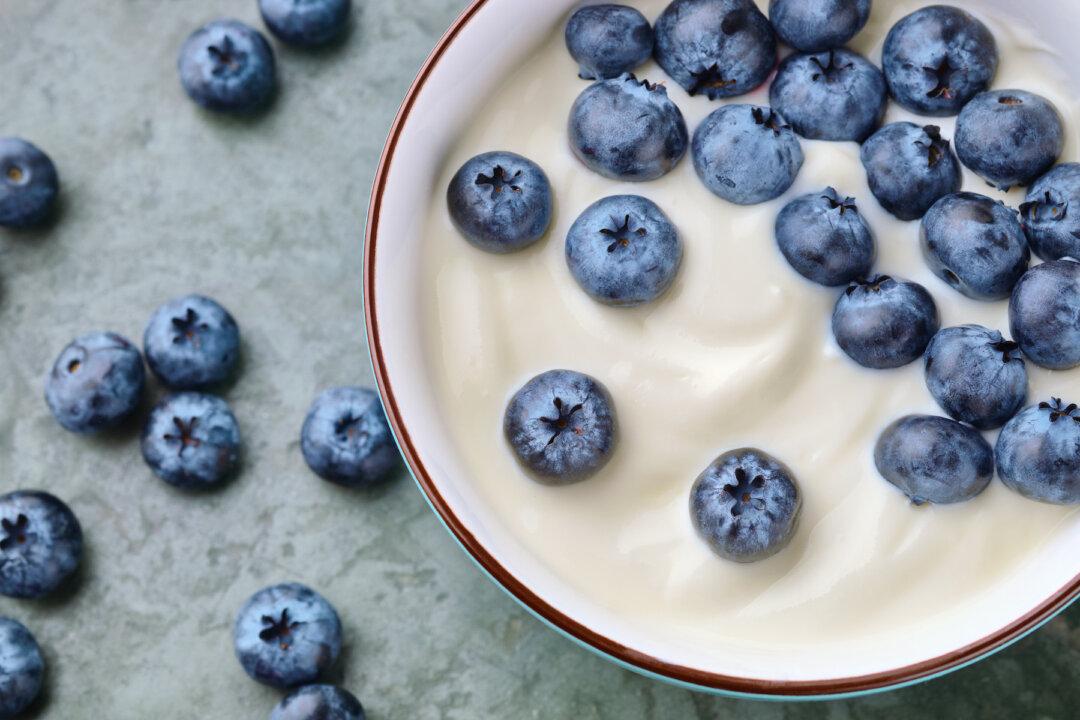In today’s health-conscious world, plant-based diets have surged in popularity. However, what’s the real nutritional content of these foods, and are they genuinely healthy?
In February 2024, Deakin University researchers, Laura Marchese and Katherine Livingstone, published their findings in the Journal of Food Composition and Analysis after examining 700 plant-based foods available in Australian supermarkets.




